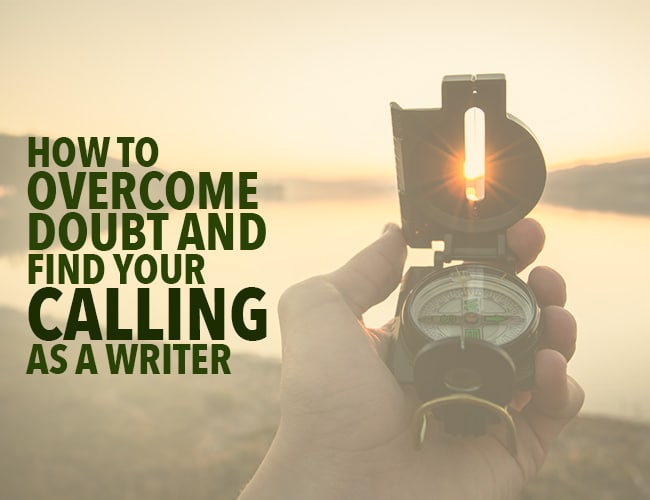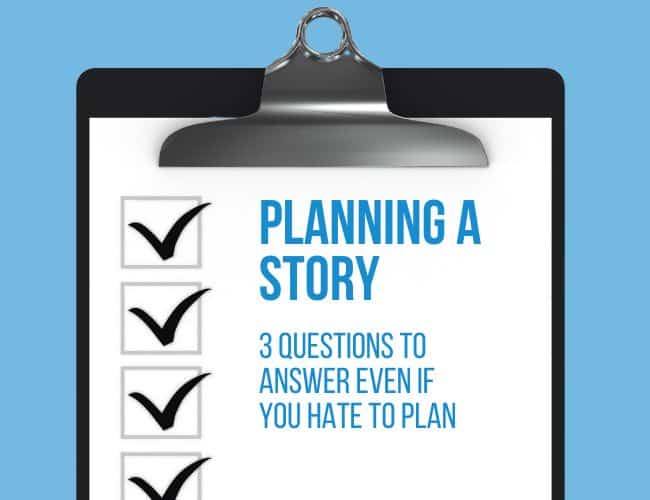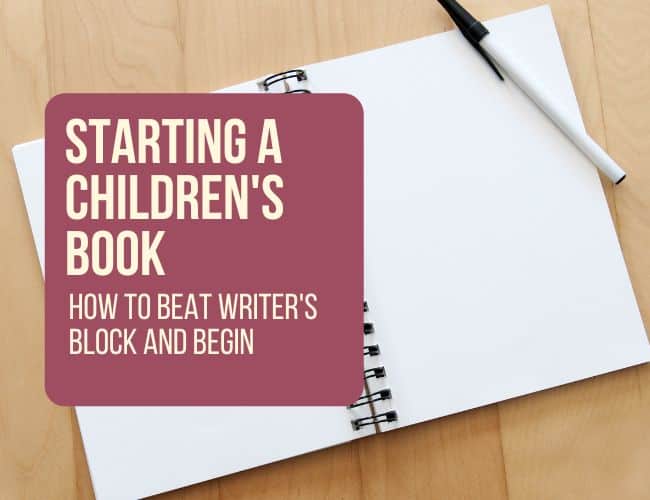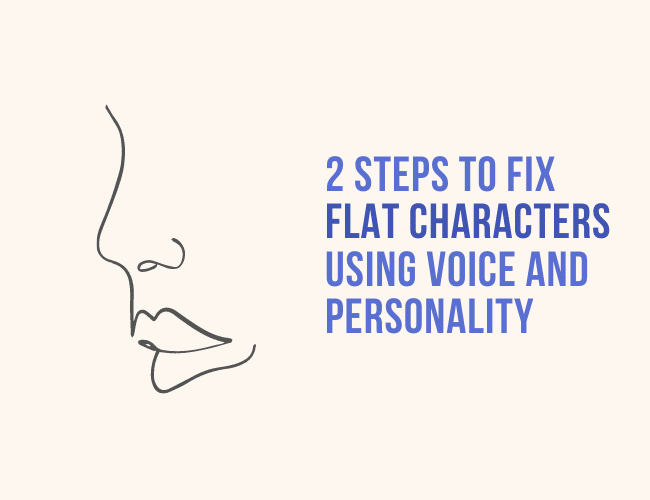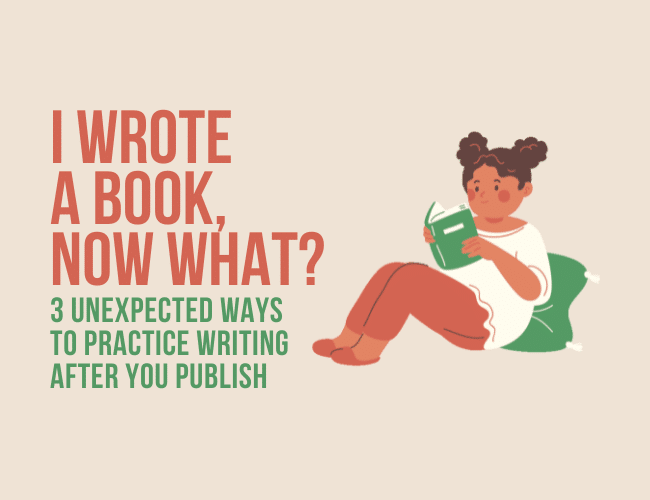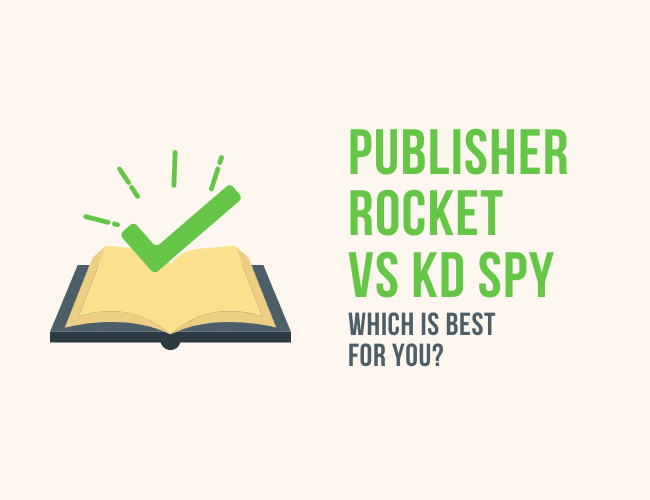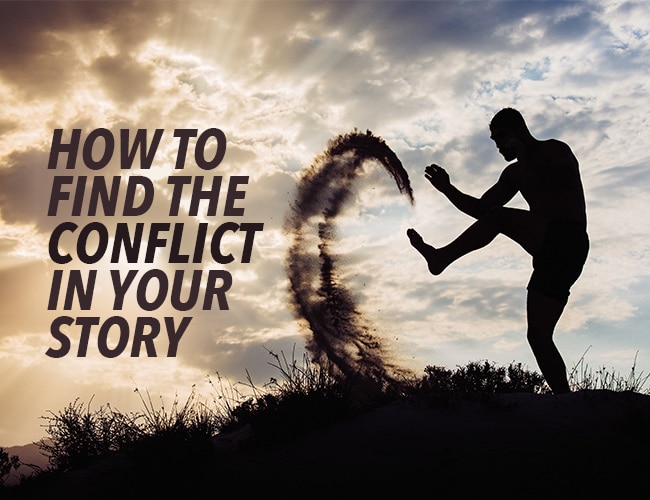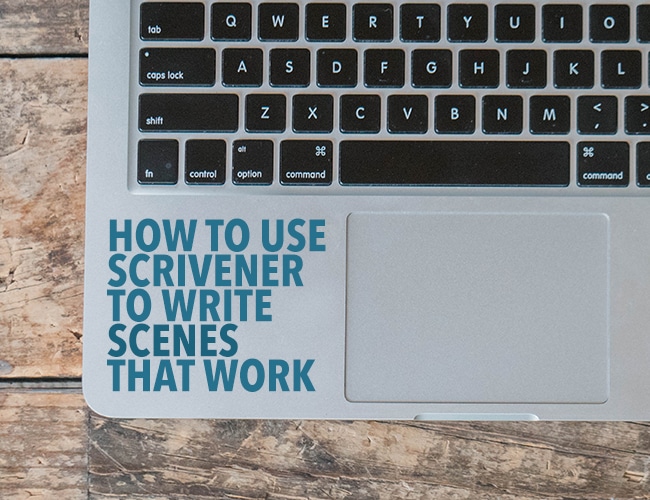Do you ever want to give up on writing? The impulse to quit can strike at any moment. In the beginning, when you’re trying to start writing but can’t. In the middle, when a story just won’t do what you tell it to. Or even at the end, when you’ve written something amazing but can’t find anyone to share it with.
Writing isn’t just artistically difficult. It’s spiritually challenging.
But you have to overcome the temptation to quit. You have to believe that each failure will pass and lead to success.
And most importantly, you have to believe that you write stories not because of some accident or mistake in the cosmic order of things. You write because you were meant to write.
You are fulfilling a calling.
